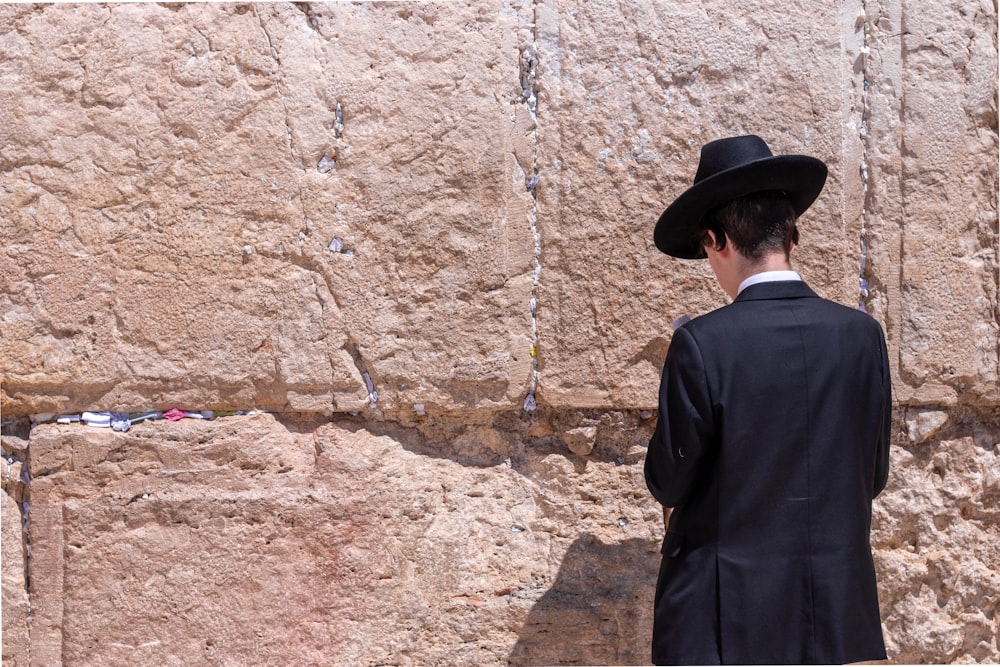
In July, following a surge in antisemitic attacks directed at Canada’s Jewish community, the government of Canada organized a national summit on antisemitism.
It was followed a day later by a second summit to address threats against the Islamic community (made stark by the recent death of four members of the Muslim community, a murder spurred by religious hatred).
The seriousness attached by the government to the summits, held virtually I these challenging times, was found in the participation by the Prime Minister of Canada and some ten ministers.
Cabinet members sharing perspectives ranged from the Minister of Diversity and Inclusion and Youth, to the Minister of Foreign Affairs, to the Minister of Public Safety, to the Minister of Citizenship, Immigration and Refugees.
This ‘whole of government’ approach – including leadership at the highest level — is one key to addressing the corrosive nature of contemporary forms of hate.
It catalyzes the essential ingredient for action: creating a ‘whole of society’ understanding of the steps necessary to confront a challenge that, in the case of antisemitism, has been described by the United Nations special Rapporteur on Freedom of Religion or Belief as toxic to democracy.
As a singular event, Canada’s summit on antisemitism achieved several purposes, while acknowledging that much more needs to be done.
Before exploring those achievements, it is important to set the context.

B’nai Brith Canada, a leader in this country’s fight against antisemitism, was a key summit participant, setting out a series of action-oriented, concrete measures – some 39 in total – designed to combat hatred directed at the Jewish community.
Our approach emerged after months of consultations with Canadian Jewry.
We saw the need for grassroots involvement of those affected by antisemitism as essential to government understanding of the nature of the problem and how to tackle it.
A critical part of our approach was emphasis on the need for a coherent strategy and clear Canadian action plan to tackle antisemitism domestically and internationally.
In this, we supported calls for a national plan put forward by the summit co-chair, Irwin Cotler, a former Minister of Justice and renowned human tights defender, currently Canada’s Special Envoy for Preserving Holocaust Remembrance and Combatting Antisemitism.
‘National’ is the key term. While federal governments must lead – in those countries which are federal states – it is vital to involve the provinces and territories (or states) and the country’s mayors and cities.
That is the true meaning embodied in a ‘whole of government’ approach.
As part of a national strategy and action plan, it was made clear that mainstreaming the fight against antisemitism across federal departments and agencies, and Canadian society as a whole would be a long-term effort, engaging public servants and thought leaders – including those in our universities, where campus antisemitism has seen an explosive growth in recent years.
We stressed the importance of a long-term effort involving education, awareness-raising and applying tools that seek to understand why Canada’s Jewish community increasingly feels threatened, and explain to Canadians the value of the Jewish contribution to our society.

The focus on education included a recommendation on introducing consistent and mandatory curricula across the country, addressing lessons learned from the Holocaust and other genocides, the challenge of antisemitism and other forms of racism, xenophobia and bigotry.
We recommended that a foundational step would be for Canadian education institutions and governments to adopt and, crucially, implement the International Holocaust Remembrance Alliance (IHRA) Definition of Antisemitism now in use by so many countries and organizations, including the Organization of American States.
We suggested that ideologically motivated violent extremism, particularly Nazi and neo-Nazi manifestations, must be addressed and that, similarly, there must be an acknowledgement that anti-Zionism is a new driver of antisemitism in Canada.
We noted that the antisemitism summit must be seen as the starting point of a process, that there must be mechanism for assessment of the outcomes, follow-up and consideration of further action.
So, what were the outcomes from Canada’s first National Summit on Antisemitism?
Following the summit, the Government of Canada committed to the following initial actions:

- Engage with Jewish communities on the Government’s next anti-racism action plan, which will be launched when the current 2019–2022 Anti-Racism Strategy comes to an end;
- Explore adjustments to federal programmes associated with security of religious institutions and anti-racism community support, to enhance their effectiveness and ensure they are responsive to community needs. These programs will continue to dismantle white supremacist groups, monitor hate groups, and take action to combat hate everywhere, including online;
- Build on lessons learned to improve digital literacy and tackling misinformation;
- A renewed focus on dedicated resources to support the work within government to combat antisemitism and all forms of hate, including the work of Special Envoy, Irwin Cotler;
- Take a whole of government approach by working with departments across the government to take further action on these priorities.
Some would see in these conclusions fairly modest outcomes. Others will endorse these actions as the beginning of a longer term and welcome effort to sharpen the minds of Canadians on the threats posed by antisemitism.
Those interested may wish to consider the detailed summary of the summit results and draw their own conclusions – perhaps drawing on the lessons learned by Canada on this occasion.
Canada’s Prime Minister was clear on one point: “Antisemitism has no place in Canada—or anywhere else. It is unacceptable that Jewish communities and people still face violence, hate, and discrimination in our country.”
And Canada’s Special Envoy on Combatting Antisemitism, Irwin Cotler, was equally clear: “This national summit is not a one-time conversation, but an ongoing commitment to combatting the scourge of antisemitism which affects us all.” (Professor Cotler, together with Ahmed Shaheed, the UN Special Rapporteur on Freedom of Religion or Belief, has authored a recent analysis which contains important thoughts relevant to the discussion – ‘Curbing the Hate Pandemic’).
B’nai Brith Canada was also clear about one principle that was endorsed at Canada’s first National Summit on Antisemitism: That the recent rise in antisemitic incidents in Canada is unacceptable and that the problem is not one for the Jewish community alone to deal with; it is a challenge for the entire country.

Since 2107, Brian Herman has been Director of Government Relations for the Jewish humanitarian and human rights organization B’nai Brith Canada. B’nai Brith has been active in combating antisemitism, hate crimes and hate speech since 1875, ensuring that the needs of Canada’s grassroots Jewish community are a constant part of Canada’s policy development.
Before joining B’nai Brith, Brian spent 42 years as a career Canadian diplomat, with eight postings overseas – in diverse locations such as Bangladesh and Singapore in Asia and, in Europe, Austria, the United Kingdom, NATO in Brussels and Denmark. From 2004-2007 he was Canada’s representative in Vilnius, Lithuania. His final posting was in Chicago.
B’nai Brith International traces its origins to 1843. B’nai Brith International has a long history of social action throughout Latin America, working with heads of state, local communities, and fellow organizations to improve the lives of people in the region. B’nai B’rith Latin America works with groups such as Mercosur, the Organization of American States (OAS), and the Iberoamerican Summit to ensure the voice of the Jewish community is represented.
The views and opinions expressed here are those of the author and do not necessarily reflect the official policy or position of CEIM. Any content provided by our bloggers or authors are of their opinion. The content on this site does not constitute endorsement of any political affiliation and does not reflect opinions from members of the staff and board.







